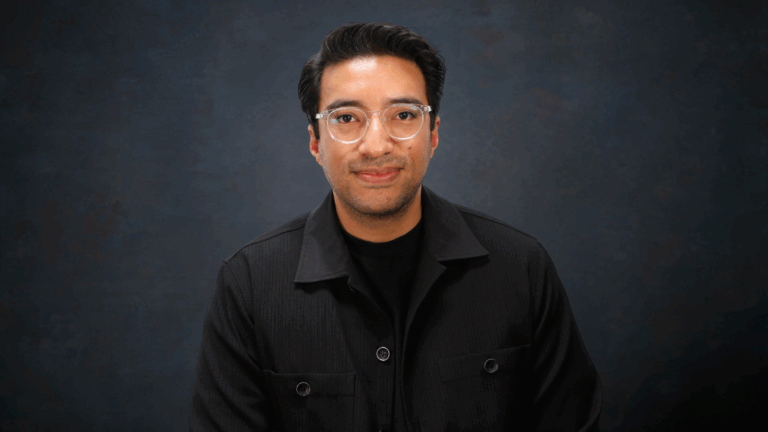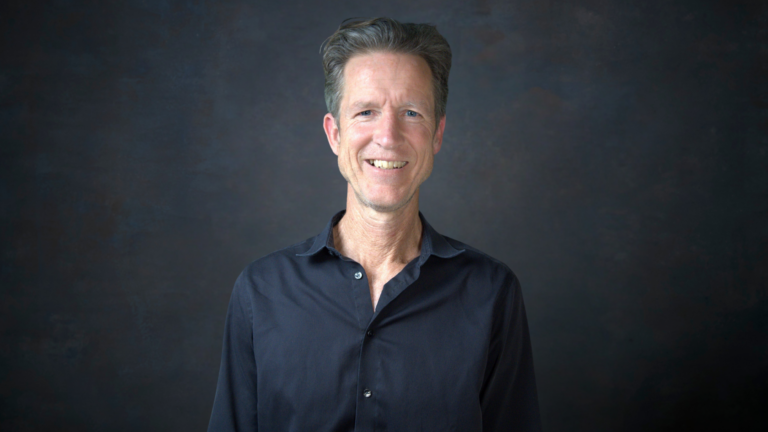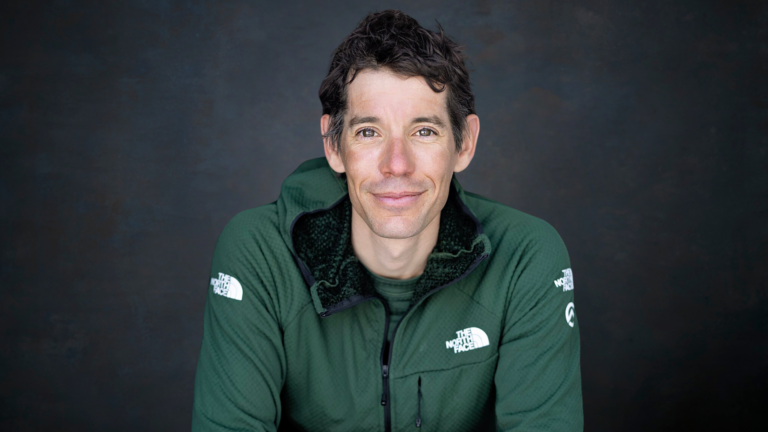This week’s conversation is with Jamie Metzl, a technology and healthcare futurist, geopolitical expert, and novelist.
Jamie previously served in the U.S. National Security Council, State Department, Senate Foreign Relations Committee, and as a Human Rights Officer for the United Nations in Cambodia.
In 2019, he was appointed to the World Health Organization expert advisory committee on human genome editing.
He is also the recent Founder and Chair of the global social movement One Shared World, which declares our world in deep and fundamental crisis and calls for massive expansion of efforts to meet the emergency needs of vulnerable populations as an act of global self-preservation.
In this conversation, Jamie shares which future trends are most imminent and why he believes we all have the power to make a difference – we don’t need to just sit there and watch it play out from the sidelines.
“Our world is changing so fast that whatever strategy you have now is going to be less and less relevant. And so we always need to be learning, changing, adapting, growing, trying to see the big picture.”
In This Episode:
The most important lesson he learned from his mentor, Richard Clarke
“The way to be effective in life is to see around corners and then act as if the thing you’re seeing is going to happen urgently.” And so while everyone was talking about some kind of junk, he was talking about terrorism and he was really the person who predicted, as I said, 9/11. And so for me, at that time, the issues that I really saw and this was 23 years ago was that the genetics and biotech revolutions were going to fundamentally transform our lives but people weren’t really talking about it, talking about the big picture implications.
Is he optimistic or pessimistic about the future?
I’m inherently, deeply and probably pathologically optimistic. I think things can work out. I think they probably will work out even though there are some really dark possibilities. And I guess the reason why I’m an optimist is I feel a sense of personal agency and responsibility for being part of that change. And I think if I was a pessimist, I will say, “Well, who knows what’s going to happen in the world?” And certainly, my actions and my behavior and my thoughts and my words aren’t going to mean anything because these issues are bigger than me and maybe bigger than all of us. I don’t believe that and I think that we all, whether it’s true or not, I think we have to feel a sense of agency in our lives and that’s the first step that unlocks everything else.
Does personality style have a genetic foundation?
I do think there are people with more optimistic natures and we know that at least that part of that is genetic because when people have mania and other kinds of things, it’s genetic. And so there are genetic manifestations of extreme attributes and extreme expressions of things that in their milder forms, we call optimism. I think that probably some decent amount of that is baked in. There is in my view a genetic foundation to a pretty significant portion of personality and it will ultimately be knowable and understandable by us. That doesn’t mean we’ll be predetermined, it’s just that everybody has a range of possibility and I think genetics in many ways set the upper and lower limits of that range.
Can we predict who is predisposed to certain performance conditions?
Of the people who win the 100 meters in the Olympics, there are some small numbers of genetic markers that are beginning to feel like there’s a pattern. But wherever we are, we’ll look back at now five years in the future and say, “Oh, that was the pong phase of genetics.” And so, it feels sophisticated now, but this is the pong phase and the next thing will feel like the pong phase. And I think that’s the point is that because all of these is moving on this exponential curve, we’re going to know more and more. And the human body is not infinitely complex, it’s just very, very massively complex. And because of that, there’ll be an intersection point where the sophistication of our tools matches and then exceeds the complexity of our biology.
The pivotal threshold moments in life
I feel in life, there are these pivotal threshold moments that determine so much of what comes after. Most of us live big chunks of our life on cruise control. We’re just going in any direction and as long as we stay on the highway and pay some level of attention, we’ll kind of get where we’re going. But then in each person’s individual life and certainly in our collective life, there are moments of just huge change. And if you stay on cruise control in those moments like when there’s a big turn in the highway and you’re on cruise control going straight, unless you have a Tesla, you’re probably going to crash. And so that’s why, it’s not that I feel there’s any kind of inevitability. There’s no inevitability. I just feel that if we keep our eyes open and we see what’s coming to the best of our abilities, and we are always learning and adapting, and we’re building connections and communities, then we can find a way.
Why we need to know who we are and what we stand for
In life, there are just so many new situations. You can’t prepare for life by saying, “All right, if X happens, I’m going to do Y,” because there’s an unlimited numbers of X’s and so however many possibilities you’ve prepared for, something else is going to happen and you’re not going to know what to do. The only thing is to say, “Here’s who I am. Here’s what I stand for. Whatever happens, whatever comes my way, here are the principles that are going to guide me.” And I think that’s it. That’s the essence of everything.
What principles guide his thoughts, words and actions?
It’s such a cliché for people to say, “Well, everybody needs a mission statement.” We kind of do. And the kind of thing where I think we have to articulate it for ourselves, as I said, because there are so many new situations. And so my thing and actually, I do this to a fault which is always try to speak as honestly as possible except when too much honesty will get you in trouble. And always, at least try to do the right thing that helps the people around you. And then the other thing is to always be learning and always be growing. We all screw up. Whatever you’re doing, however good you are or aren’t, you’re going to screw up. But we always have to strive to do better, to learn more, to get feedback from other people. I have so much further to go than from where I am now.
Why does he journal everyday?
There’s just so much that’s happening. And we always feel we’re going to remember everything and you look back at something from two years ago or three years ago, it’s like the most passionate thing is a distant memory. And the other is just charting my personal emotional journey because every morning, we all wake up and we look in the bathroom mirror. And we look pretty much exactly. Maybe our hair, or your hair, I don’t have enough to matter. But I did pretty much exactly like you did last night when you went to bed. And so, if you didn’t have a log of all of the mornings, you would think, “Well, I’m not aging,” which is why nobody thinks they’re aging. Everybody on earth thinks, “Well, I look really great.” That other person who I haven’t seen in five years who I now just saw, they’re really getting old. And the reason is we habituate to ourselves every morning. And so, keeping a log, it tracks where I’ve been and where I’m going.
What is he striving for?
The way that I work is I’m going to identify this big goal and then I’m going to start marching toward that goal. Thoreau has this wonderful quote that I’ve used for years which is if you build castles in the air, your work need not be lost. That’s where they should be. Now, build the foundations under them. That’s kind of the organizing principle of my life coming back to your question as an idealist, as somebody who’s imagining the way the world ought to be, I’m marginally pissed off that the world isn’t what it could be. And then I feel this agency to get from here to there. And that path from what is to what should be.
Why this moment is so important
This whole world that we have lived in for the last 75 years is done. It’s broken. This is it. Historically when we look back at now, we will say there was this thing the post-war world. It lasted from 1945 until 2020. In 2020, it was already breaking. The whiff of pandemic and all of the implications and all of the cascading effects of the pandemic, that world broke. We’re going to one of these big historical years like the end of the Roman Empire or whatever. And something came after, and the game is on to figure out what that thing is. So that certainly, trend one, is going to color every person’s life, as a matter of fact, the rest of every person’s life. And that’s why when I hear about people sitting home on their couches binge watching Netflix, I say, “Get up. This is all hands on deck moment for our species, and everybody has a role.”
We need to take care of each other
We’re part of communities, and we’re connected to each other and our well-being resides, yes, in ourselves but also in everybody else in our community. And that’s what this virus is showing us, that our health is connected to the most vulnerable among us. And so we are stakeholders in those other people’s wellbeing and so if we want to extend health span, the first thing we need to do is focus on average health span.



